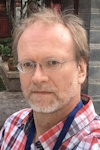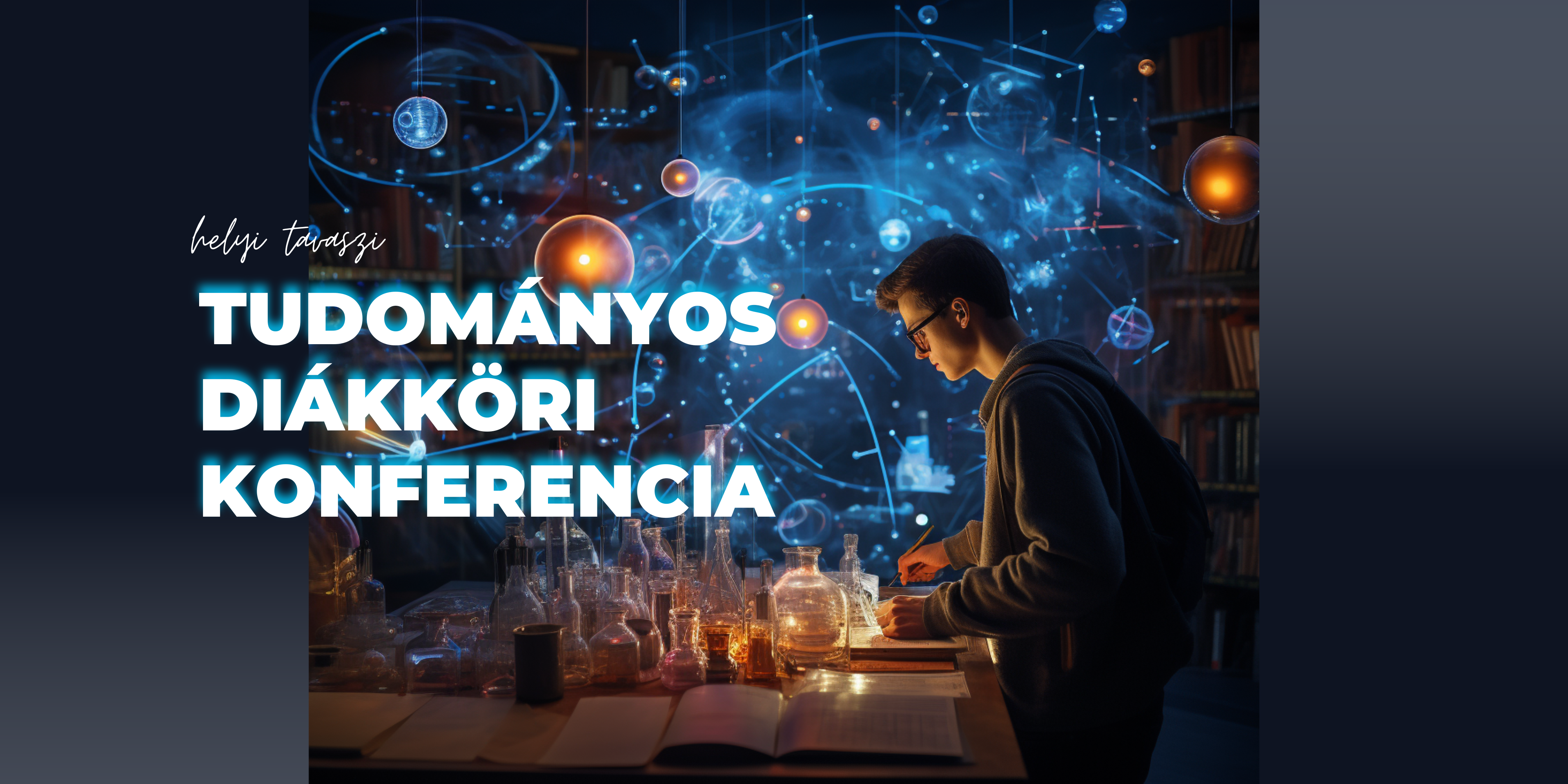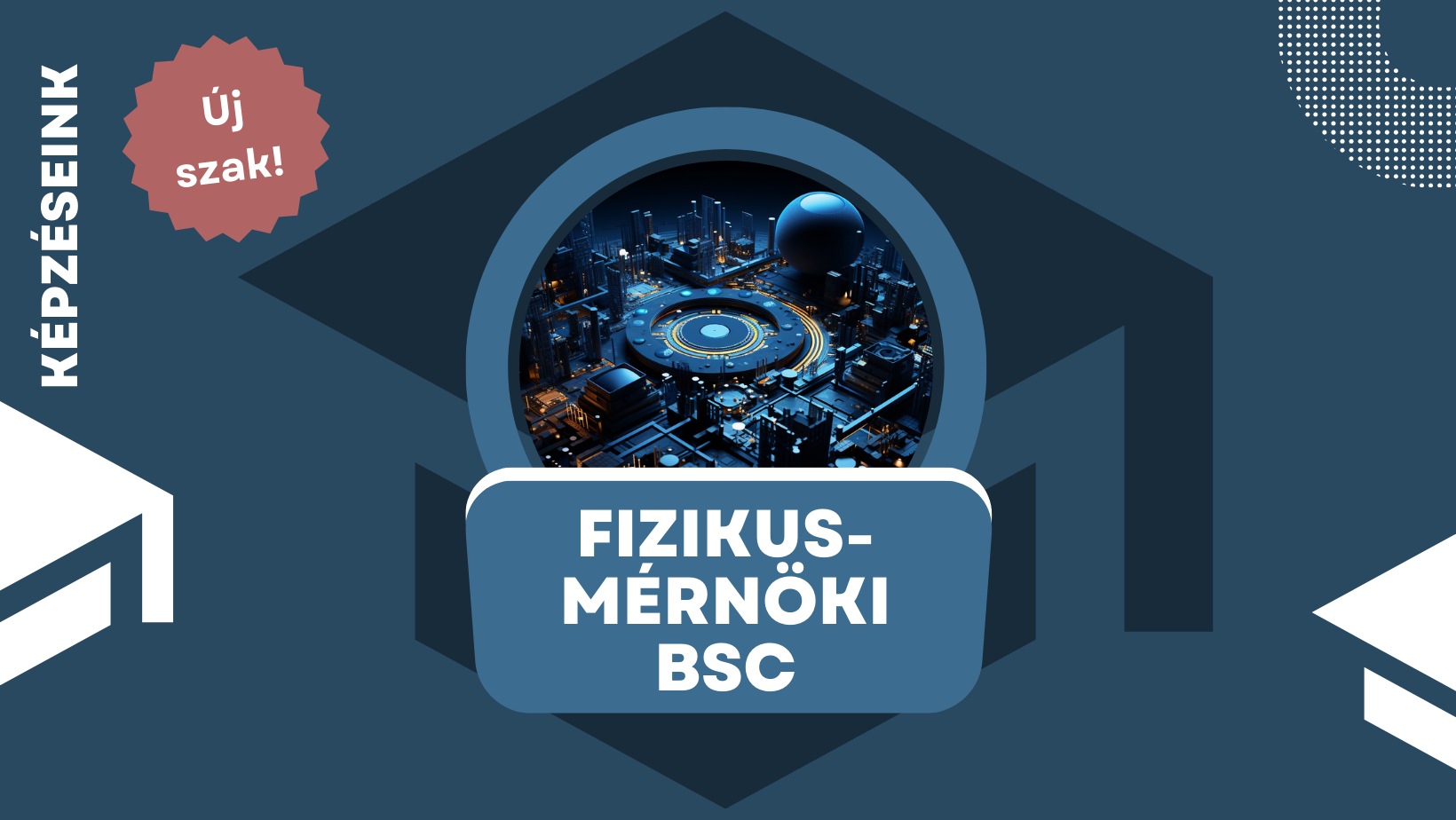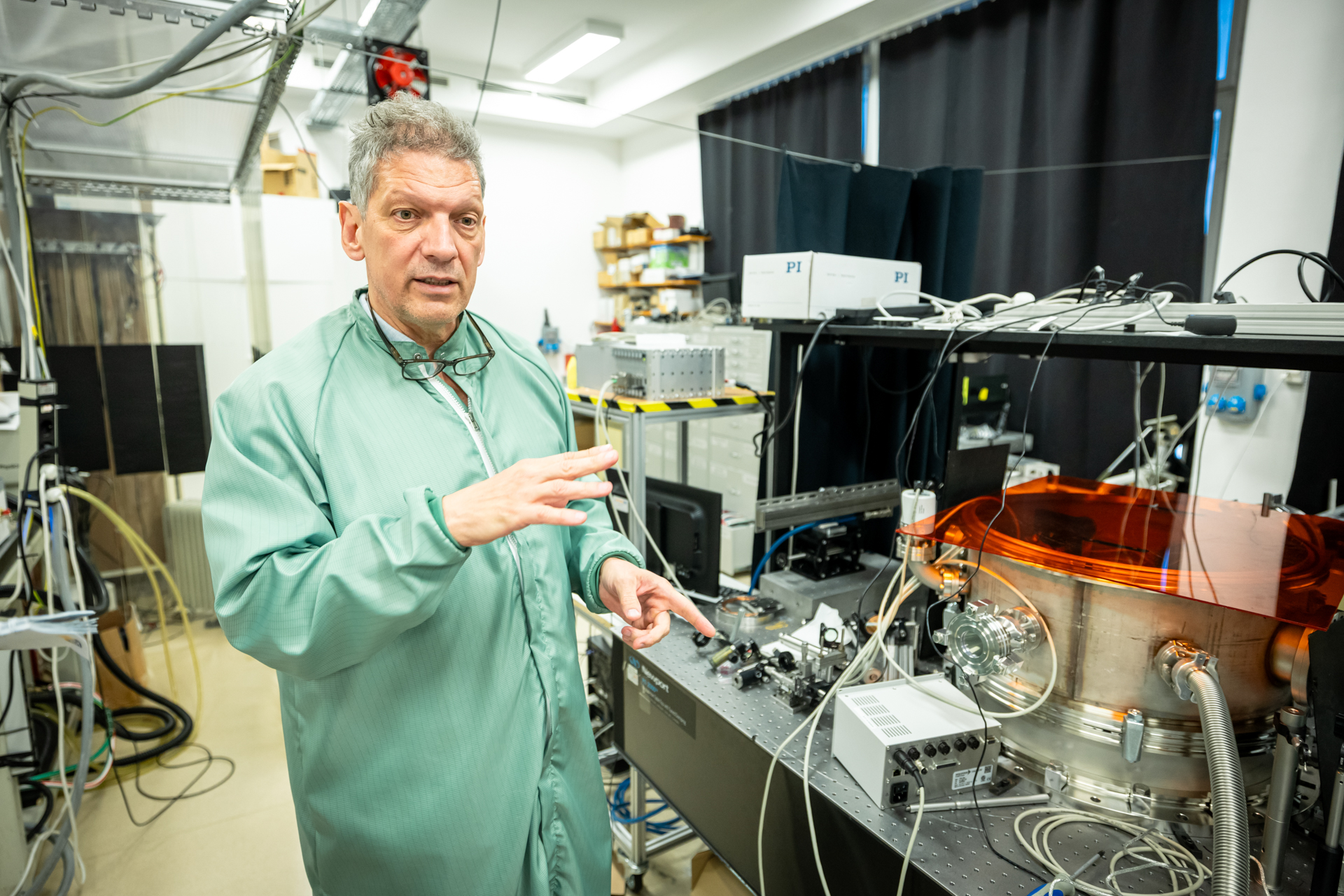
Dr. Vinkó József

Tudományos főmunkatárs
Tel.: (62) 54-4421
e-mail: vinko@physx.u-szeged.hu
Degree:
- 1996 - PhD in Physics at JATE University, Szeged, Hungary
Thesis: "Variable stars in binary systems" - 1994: Candidate of Sciences in Physics, Hungarian Academy of Sciences
(PhD-equivalent)
Thesis: "Variable stars in binary systems" - 1989 - MSc in Physics at JATE University, Szeged, Hungary
Thesis: "Period variation of variable stars due to orbital revolution"
Academic positions:
- 2022 (6 months): research fellow, Department of Astronomy, UT Austin, supervisors: Prof. V. Bromm, Prof.em. J. C. Wheeler
- 2022 - present: senior research fellow (part-time) at Department of Experimental Physics, University of Szeged
- 2021 - present: research advisor at Konkoly Observatory, HUN-REN Research Centre of Astronomy and Earth Sciences, Budapest
- 2016 - 2022: senior research fellow (part-time) at Department of Optics and Quantum Electronics, University of Szeged
- 2016 - 2021: research leader, senior research fellow at Konkoly Observatory, Research Centre of Astronomy and Earth Sciences, Budapest
- 2008-2009: research fellow, Department of Astronomy, University of Texas at Austin; supervisor: Prof. J. C. Wheeler
- 2001-2016: associate professor at Department of Optics and Quantum Electronics, University of Szeged
- 1999-2001: lecturer at Department of Optics and Quantum Electronics, University of Szeged
- 1992-1999: senior research fellow of Research Group on Laser Physics of Hungarian Academy of Sciences (at Dept. of Optics, JATE University) supervisor: Prof. Zs. Bor
- 1989-92: PhD student of Hungarian Academy of Sciences at Konkoly Observatory, Budapest, Hungary and JATE University, Szeged, Hungary, supervisor: Dr. László Szabados
Scholarships and visits:
- 2010 - present: 1-3 visits per year at Department of Astronomy, UT Austin
- 2001-2003: Bolyai Janos Fellow, Hungarian Academy of Sciences
- 1997-1999: Magyary Zoltan Postdoctoral Fellow
- 1997: Hungarian Eötvös Fellow (3 months) at David Dunlap Observatory, University of Toronto, Canada supervisor: Prof. C.T. Bolton, Prof. J. R. Percy
- 1995: Hungarian Eötvös Fellow (3 months) at York University, Toronto, Canada supervisor: Prof. N. R. Evans
- 1991: visiting scientist (6 weeks) at Department of Astronomy University of Toronto, Canada
Awards:
- 2018: Doctor of Science of the Hungarian Academy of Sciences
- 2012: "Golden Chalk" Prize, University of Szeged, Faculty of Sciences and Informatics
- 2012: László Detre Prize, Roland Eötvös Physical Society
- 1998: Young Researchers' Prize, Hungarian Academy of Sciences
- 1989: Pro Scientia Gold Medal for undergraduate students
Scientific publications and metrics (based on NASA Astrophysics Data System):
- 168 papers in refereed journals (1989 - 2024), 17 of them being first-authored
- 315 non-refereed publications (preprints, conference proceedings, circulars)
- 2906 independent citations
- h-index from independent citations: 30
- MTMT link: https://m2.mtmt.hu/gui2/?type=authors&mode=browse&sel=authors10001530
- ADS library: https://ui.adsabs.harvard.edu/public-libraries/BRcusoFHRv6dMvJYhOpoeA
Grants (as project leader):
- 2022-26: "Unsolved Mysteries in Supernova Astrophysics"
Hungarian OTKA Grant #K142534 -- 47 868 000 HUF = 136 765 USD - 2017-20: "Transient Astrophysical Objects"
EU GINOP-2.3.2-15-2016-00033 -- 687 369 737 HUF = 2 545 813 USD - 2013-15: "Astrophysics of supernova explosions"
Hungarian OTKA Grant #NN 107637 --- 18 252 000 HUF = 81 120 USD - 2001-03: "Astrophysics of nova- and supernova explosions"
Hungarian OTKA Grant #T034615 --- 7 300 000 HUF = 25 435 USD - 1997-99: "Application of high-resolution optical spectroscopy in astrophysics"
Hungarian OTKA Grant #F022249 --- 900 000 HUF = 4 864 USD - 1994: "CCD-photometry of short period variable stars"
AMFK (Hungarian Ministry of Education) Grant # 678/94 --- 600 000 HUF = 5 581 USD - 1994: "Numerical simulations in physical systems"
World Bank-OTKA Grant #W015239 --- 15 000 USD - 1993-95: "Study of stellar binary systems for solving astrophysical problems"
Hungarian OTKA Grant #F007318 --- 900 000 HUF = 9 000 USD
Teaching activity:
- University of Szeged (formerly JATE University): 1989 - present
- Teaching assistant in courses "Electrodynamics", Thermodynamics", Atomic Physics", "Astronomy", Experimental Physics" and "Laboratory Practices in Physics"
- Part-time lecturer of "Wave Theory and Optics" (1993), "Astronomical Spectroscopy" (1999), "General Astronomy" (2000)
- Lecturer of "Classical Mechanics" (1994), "Numerical Methods in Physics" (since 1995), "Modern Astronomy" (1995,1996), "History of Astronomy" (1998-2016), "Astrophysics 1, 2, 3" (since 1999), "Astronomical Spectroscopy" (since 1999), "Galactic and Extragalactic Astronomy" (since 2006), "Space-based Astronomical Techniques" (since 2012)
- Eötvös Loránd University, Budapest (ELTE): 2017 - present
- Part-time lecturer of "Introduction to Astronomy 3" (since 2017)
- Lecturer of "Astronomical Transients" (2020), "Radiative Processes in Astrophysics" (2020)
Student supervising / mentoring activity:
- supervisor of 29 undergraduate students at University of Szeged since 1995, and 3 undergraduate studens at ELTE since 2017
- thesis advisor of 12 PhD students in the Graduate School of Physics, University of Szeged since 2000
- thesis advisor of 1 PhD student in the Graduate School of Physics, ELTE University since 2019
- number of students with successful PhD defence: 10
Specialization and skills:
- Astronomy
- observations of supernova explosions: photometry, spectroscopy
- theory of supernova explosions: radiative diffusion, light curve modeling, P Cygni line formation in SN atmospheres, interaction between supernova ejecta and circumstellar matter
- theoretical modeling of the powering mechanisms of superluminous supernovae: radioactive decay, magnetar spin-down, shock waves by circumstellar interaction
- theoretical modeling of the light curves in Tidal Disruption Events
- distance measurement of Type Ia supernovae with MLCS2k2, SALT2 and SNooPy2 methods
- distance measurement of Type II supernovae by applying the Expanding Photosphere method and Standard Candle Method
- spectrum modeling of supernovae using SYNOW, SYNAPPS and TARDIS codes
- astronomical spectroscopy, abundance analysis, Atlas9/SYNTHE
- CCD-photometry of crowded stellar fields, DAOPHOT, isochrone fitting, simple stellar populations
- Cepheid-type pulsating variable stars: high-resolution spectroscopy, Baade-Wesselink analysis, double-mode pulsation
- eclipsing binaries, contact binaries, light curve and radial velocity modeling, binary star evolution
- Telescopes / Observing experience
- 0.6 / 0.9 m Schmidt telescope at Konkoly Observatory (CCD imaging)
- 0.8 m Ritchy-Chrétien robotic telescopes at Konkoly Observatory and Baja Observatory, Hungary (CCD imaging)
- 1.82 m Cassegrain telescope at David Dunlap Observatory, Canada (CCD spectroscopy)
- 1.88 m Cassegrain telescope at Dominion Astrophysical Observatory, Canada (CCD imaging)
- 0.8 m telescope at McDonald Observatory, Texas (CCD imaging)
- 2.7 m Harlan Smith telescope at McDonald Observatory, Texas (CCD imaging)
- 10 m Hobby-Eberly Telescope at McDonald Observatory, Texas (IFU spectroscopy)
- Data reduction and processing
- robotic telescope pipeline development for automated data reduction and analysis
- IRAF, Dolphot, HEASoft, FITSH
- HST (ACS, WFPC2) Swift (UVOT, XRT) Spitzer (IRAC, MIPS, IRS) data reduction and photometry
- single- and multi-order optical and infrared spectroscopy, high-resolution echelle spectroscopy
- digital image processing applications
- application of Fourier- and wavelet transforms in signal processing
- digital convolution and deconvolution
- time series analysis
Computers
- script programming in UNIX
- scientific programming in C, numerical methods and algorithms
- UNIX system administration (Solaris 2.x, Linux)
- basic knowledge of HTML
Last updated: January 18, 2024







